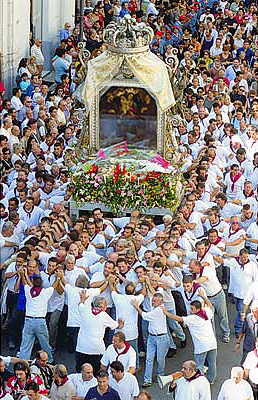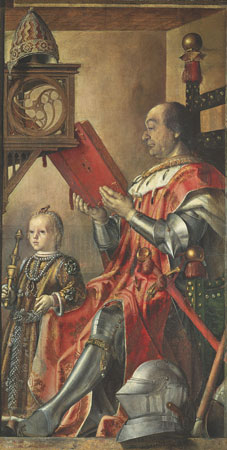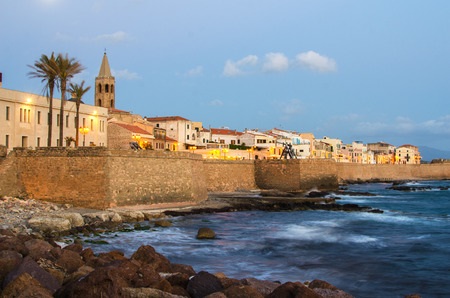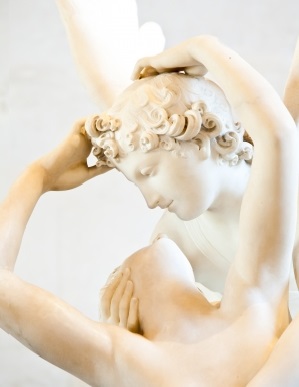 L’Italia è famosa per la sua arte, ma molto spesso ci si aspetta dall’Italia un’arte tradizionale, classica, rinascimentale.
L’Italia è famosa per la sua arte, ma molto spesso ci si aspetta dall’Italia un’arte tradizionale, classica, rinascimentale.
Molti artisti italiani (dal ‘900 in poi, ad iniziare con il Futurismo per continuare poi con l’Arte Povera e l’Arte Concettuale) ora preferiscono esprimersi con tecnologie moderne ed uscire dai canoni dell’arte italiana tradizionale.
Cosa pensi tu? Preferisci l’arte moderna o l’arte tradizionale?
Italy is famous for its art, but very often you would expect from Italy only traditional, classical and renaissance art.
Many Italian artists (from the twentieth century on, beginning with Futurism and then continuing with Arte Povera and Conceptual Art) now prefer to express themselves with modern technologies and to abandon the traditional Italian art canons.
What do you think? Do you prefer modern or traditional art?
To practice Italian this week we invite you to watch…
PRACTICE HERE: Italian/English Version
Para practicar el idioma italiano esta semana te invitamos a mirar…
PRACTICA AQUÍ: Versión Italiano/Española
Copyright photo: Milena Barberis
 La tradizione culinaria italiana presenta spesso dei piatti poveri e semplici ma molto gustosi.
La tradizione culinaria italiana presenta spesso dei piatti poveri e semplici ma molto gustosi.

 A CyberItalian amiamo combinare tradizione e innovazione.
A CyberItalian amiamo combinare tradizione e innovazione. Agli italiani piace fare festa e vacanza ogni volta che è possibile. Oltre alle feste nazionali, ogni città festeggia il santo patrono (ad esempio a Roma si festeggiano San Pietro e Paolo il 29 giugno e in questo giorno a Roma, non nel resto dell’Italia, è vacanza).
Agli italiani piace fare festa e vacanza ogni volta che è possibile. Oltre alle feste nazionali, ogni città festeggia il santo patrono (ad esempio a Roma si festeggiano San Pietro e Paolo il 29 giugno e in questo giorno a Roma, non nel resto dell’Italia, è vacanza).
 La ninnananna è la canzone che cantiamo ai bambini per farli addormentare.
La ninnananna è la canzone che cantiamo ai bambini per farli addormentare.
 L’Italia è famosa per la sua arte, ma molto spesso ci si aspetta dall’Italia un’arte tradizionale, classica, rinascimentale.
L’Italia è famosa per la sua arte, ma molto spesso ci si aspetta dall’Italia un’arte tradizionale, classica, rinascimentale.
 Alcuni dicono che il mito di Amore e Psiche rappresenti il fatto che non si dovrebbe analizzare troppo l’amore.
Alcuni dicono che il mito di Amore e Psiche rappresenti il fatto che non si dovrebbe analizzare troppo l’amore.